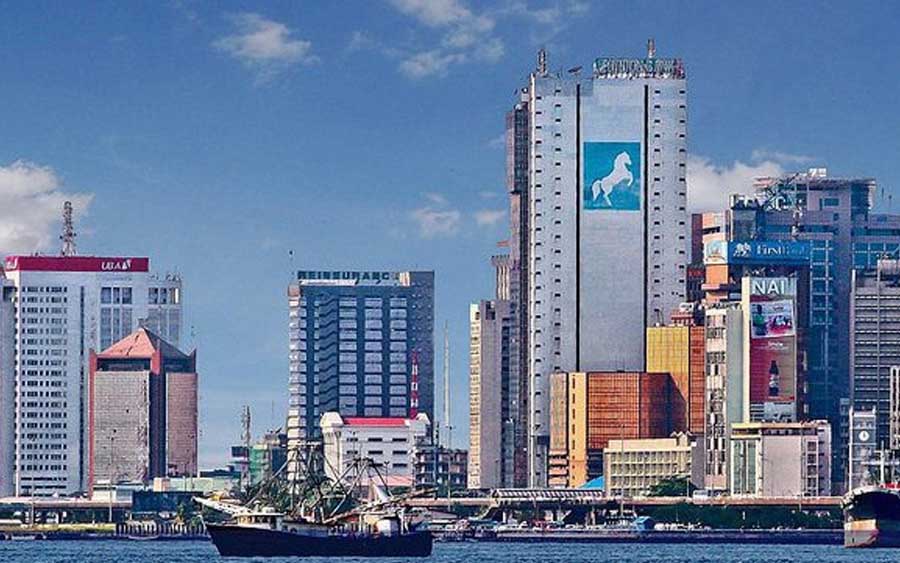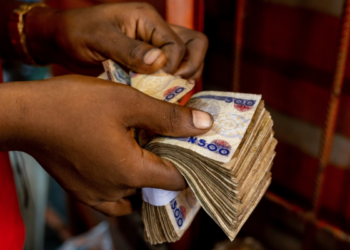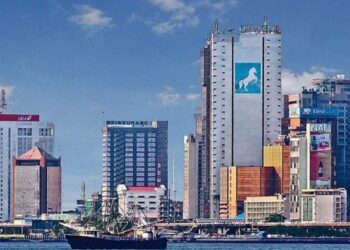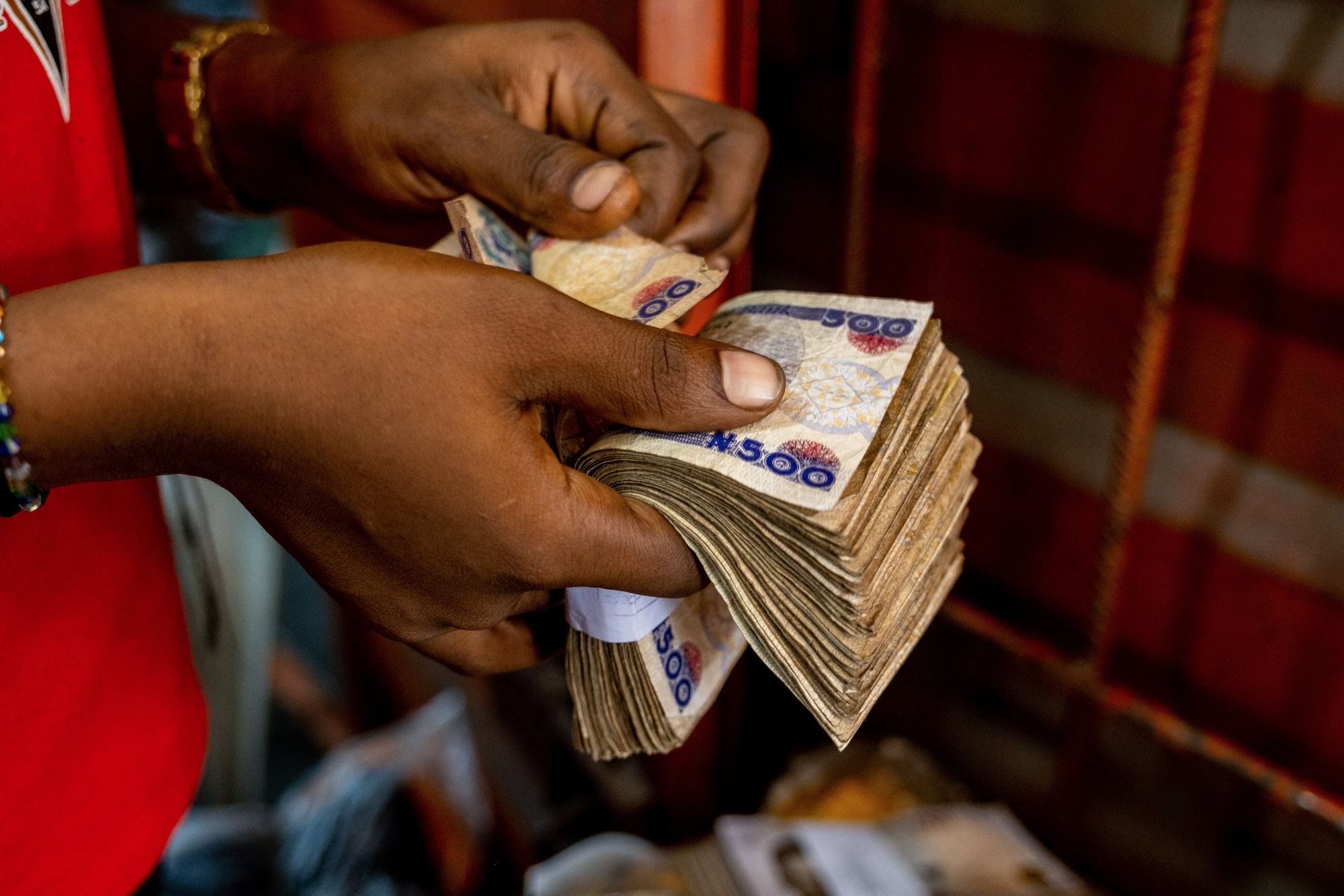There is fear that most Nigerian banks may fail the requisite stress tests, should the current economic downturn lingers and deepens, as most lenders will surely drop below the regulatory minimum capital thresholds, which could jeopardize the fragile financial systems.
According to Bloomberg, the tests show that a 3.5% contraction in the gross domestic product in the third quarter, may drop most banks’ capital adequacy ratio to an average of 11.2% from 15%, and a further decline by 4% in Q4 2020 will bring the indices to 9.3%.
“The stress test was conducted within the background of a sharp fall in oil prices, reduced global demand for Nigeria’s oil products, the decline in government revenue, unfavorable current-account position, and a fall in GDP. The severity of the simulated GDP contraction may be contained by a combination of fiscal and monetary interventions,” the CBN stated.
The CBN is exploring key strategic imperatives and policy thrusts over the next five years (2019-2024), that would preserve financial stability through enhancement of its on-site and off-site supervision tools and processes.
(READ MORE: China’s economy bounces back from COVID-19 slump, with a growth of 4.9% in Q3 2020)
In its efforts towards stabilizing the financial systems, CBN is done with the draft review of its framework, as well as the dynamic macroeconomic, and top-down stress testing tools that would be complementing the existing early warning system tools and enhancing the bank’s ability to proactively and timely identify potential risks to the financial system, as well as, risks to the individual banks.
What you should know
The COVID-19 pandemic lockdown impacted heavily on the overall economic activities, in addition to the slump in the oil price with its resultant effect on government revenues.
After the lockdowns, several businesses are yet to come back to life and many are still struggling to remain afloat.
There are imminent risks to the banking sector, arising from the spillover effects of the COVID-19 pandemic. For example, there is potential default risk by obligors with oil-related repayment sources or others unable to meet obligations due to the economic downturn, increased concentration of oil and gas exposures, deterioration in the foreign currency asset book, pressure on capital adequacy from currency depreciation, pressure on liquidity from reduced trading lines, and heightened exposure to cyber threats, etc
Bottom line
The lenders require much more vigilance to mitigate all the emerging risks and other complementary measures they may put in place, as well as, restructuring the credit lines for their loan customers, in addition to the provision of liquidity backstops as and when required to safeguard the fragile financial system.



















